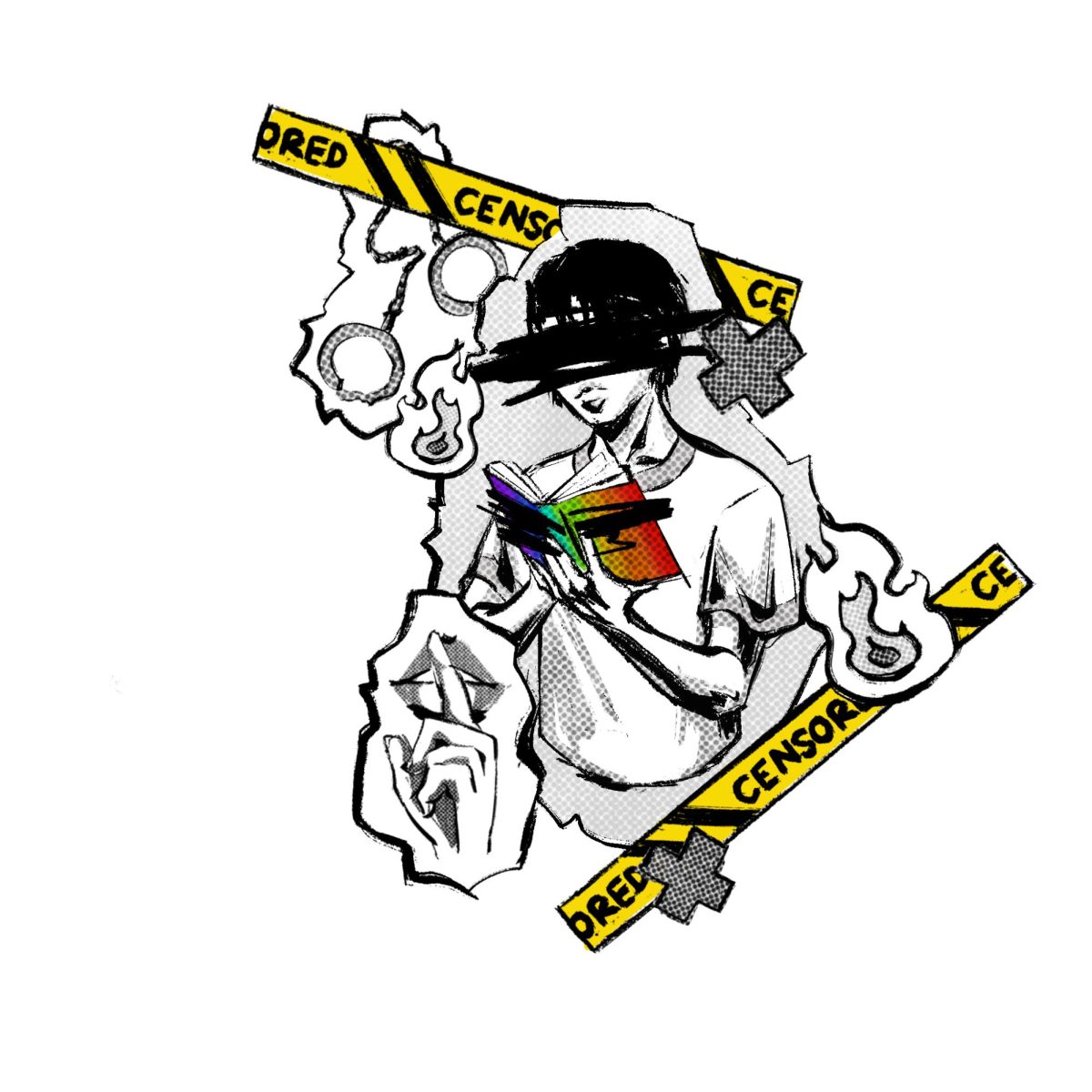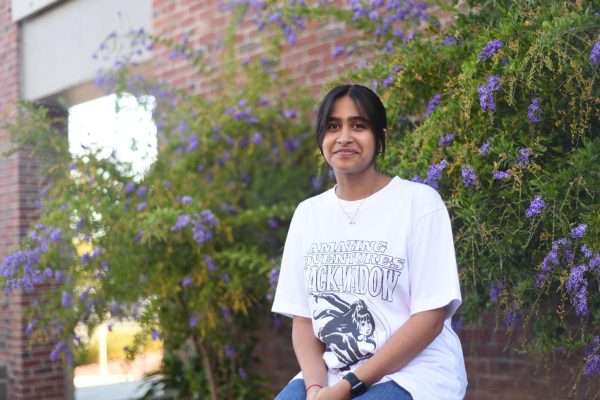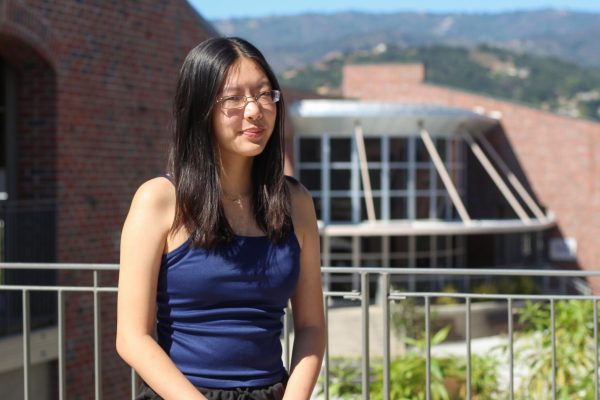On Aug. 21, hundreds of parents gathered in Sacramento to protest a series of new bills they claim violate their parental rights. In particular, they were protesting bills like Assembly Bill 1078, which would require a supermajority vote (a vote that requires support greater than a one-half majority) from school boards to ban a book in schools, and AB 665, which would allow children 12 and older to receive mental health treatment without parental consent. Essentially, these California parents are protesting what they claim to be a diminished role in their children’s education.
The recent protests are part of a larger movement that has gained momentum nationally, known as the parental rights movement. Proponents of this movement often engage in “culture wars” because they disagree with how schools teach subjects like race, sex and LGBTQ issues. Throughout the state and the nation, the fight against educational policies on gender and race issues has overwhelmed school board meetings and classrooms.
But in the debate over who should have more say in the curriculum — schools or parents — we forget one crucial component: the students themselves. A nationally representative survey of 1,301 educators conducted in 2023 by the EdWeek Research Center found that due to parent concerns, one-fifth of educators have altered diversity, equity and inclusion teaching materials, and 16% have changed teaching materials that touch on LGBTQ topics. When schools deprive students of a curriculum that reflects the diversity around them in response to possible conflict with parents, students lose the opportunity to learn about diverse cultures, ideas and beliefs. Students in marginalized or minority groups lose the chance to see their cultures represented in the curriculum. Their quality of education decreases, and the students become collateral damage in a battle that was never really about them.
Rather, the movement was birthed at the height of the pandemic, when conservative politicians seized the opportunity to capitalize on parents’ frustrations surrounding school lockdowns to push forth their education agenda. One example of this is how Governor Ron DeSantis of Florida signed the “Don’t Say Gay” bill on March 28, 2022, a bill prohibiting teaching instruction on sexual orientation or gender identity for students in Kindergarten through third grade. But while politicians who support the creation of new parental rights legislation say they simply want more transparency and accountability in education, what they’re actually doing is weaponizing a hot-button topic to gather more votes to target LGBTQ students and students of color. Ironically, proponents of the parental rights movement say to keep politics out of the classroom while simultaneously pushing the political views they want schools to follow.
Besides the political implications of the movement, sheltering students from information that parents deem inappropriate will negatively impact students in the future. When parents opt their students out of reading books with queer characters or by queer authors, these students are robbed of a comprehensive and quality education. Learning about and discussing issues like sex education or critical race theory in Biology and literature courses helps students better understand themselves, their communities and the world. It prepares them to live in a world where hate inevitably pervades our lives. It prepares them to make informed decisions as they transition from a child to an adult. And it prepares them to be open-minded and educated so they can create their own set of values.
However, those involved in this movement believe it isn’t the educator’s role to teach students about this variety of topics, as parents may disagree with these values or feel they go against their own beliefs. But censoring uncomfortable topics won’t magically make them disappear from the world. Rather, these efforts to protect students will only hurt them in the long run, as a lack of understanding of sensitive topics makes it easier to perpetuate stereotypes or harmful narratives. While learning core subjects like science, math, literature and history is instrumental to every student’s education, it’s just as important that we provide them with the tools to develop a strong foundational understanding of the world today. If students don’t learn how to see past values that are different from their own, it could only exacerbate existing political divisions.
If there’s one thing everyone can agree on, it’s that parents have always and will always play a crucial role in their children’s education. So, for parents who want to improve their child’s education, practice talking to them about how to connect what they learned in school to lessons in society. Talk about difficult topics and encourage students to form their own opinions while giving them advice. Speak at school board meetings in favor of policies that will cultivate a positive learning environment for all students and advocate against policies that may limit a student’s education. Support educators who provide students with a safe space to learn.
At the end of the day, “protecting” students from what they’re learning in school will only do more harm than good. Amid these disagreements about education in a politically divisive landscape, one sentiment remains true: school is for learning. Let’s make sure that learning includes an equitable and comprehensive education that will prepare every single child to tackle an increasingly diverse world.













